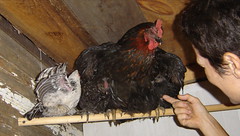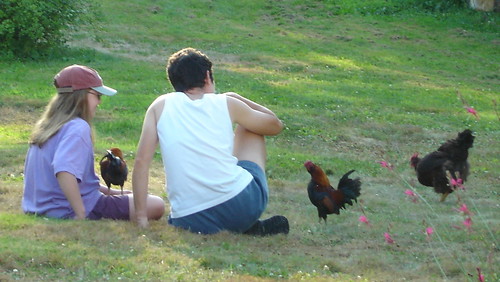Gefühls For Christ
I’ve been gestating, for a long time, a thorough, seething rant about the effects of cultural romanticism on Christian faith. I don’t have time to vent it all this evening — it involves the premise that faith and worship should make you feel good, the notion that everyone’s ideas about religion are equally sound, the arationality of religion, the premise that anything rebellious or heterodox is likely to be truer than anything settled or orthodox, to name but a few of these canards (the creed of the cult of the prophet St. Dan Brown) — but that jeremiad was on my mind as I prepared today’s sermon for the Feast of St Teresa of Avila (which I’ll post in the “extended” section).
I’ll rest with the note that romantic religion makes teaching practically impossible; romantically-conditioned audiences already know everything they need to, they are predisposed not simply to question but to disbelieve authority, and they may expect that anything that doesn’t warm their hearts doesn’t matter. Romanticist theological thought represents the triumph of self-justifying ignorance over diligence, reflection, and discernment.
(Good thing I’m not cutting loose with the real rant.)
Continue reading “Gefühls For Christ”






